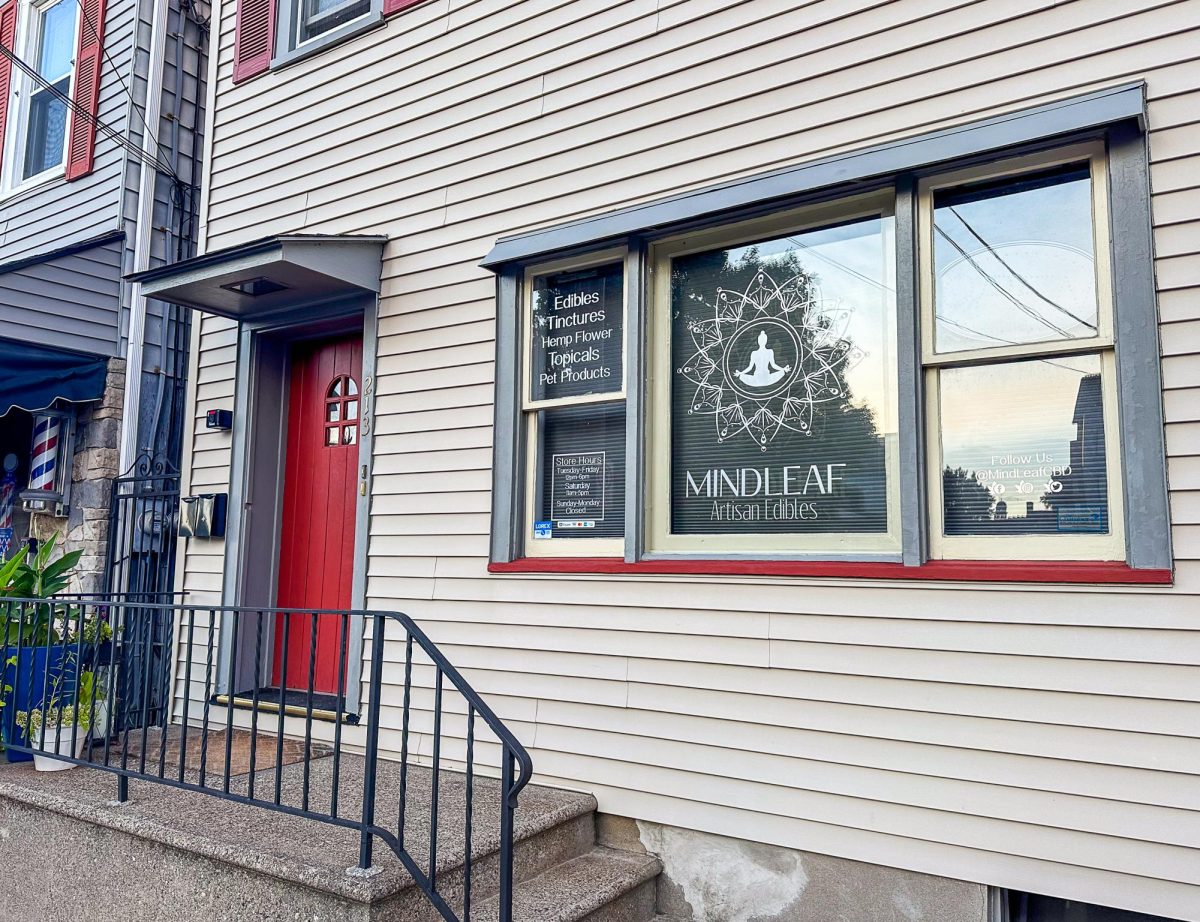Three years after releasing her album “A Seat at the Table” (2016), Solange Knowles is back with a fourth studio album, titled “When I Get Home.” Solange journeys through time to tell a soothing story about her past, present and future in her hometown of Houston, Texas.
“When I Get Home” has 19 songs, and the album is a modest 40 minutes. Each song makes a statement that blends into the next in a smooth manner despite their short length.
Unlike her last album, “When I Get Home” seems to disregard traditional song structure and lyricism, by taking an unhurried and freestyle-like approach.
This introspective approach introduces the idea that places live on without people, and that memories of one’s hometown can become fluid.
The music is so free that it is even hard to characterize. It’s not something that has a beginning or end, it just flows. Solange uses jazz and funk but also incorporates new age elements like trap beats and synth melodies. A good example of this is the track “Stay Flo,” which was crafted by popular producer Metro Boomin.
Pharrell Williams, another very prominent producer, injects his style into one of the stand out tracks, “Almeda.” This particular track was highly anticipated due to its feature of popular rapper Playboi Carti, and draws heavily from Solange’s roots of Southern black culture.
Solange uses a lot of repetition and call-backs, making the album a full circle reflection of her growth as a black woman from Houston, unencumbered and unbothered by sonic norms.
The repetitions feels like a chant or spell. For example, in her song “Almeda” she sings, “brown liquor, brown liquor, brown skin, brown face.” She uses this same technique and constructs a feeling of solidarity in her track,“My Skin My Logo,” featuring Gucci Mane.
Overall, “When I Get Home” is a therapeutic, unrestricted narrative of Solange’s hometown that is told through a dreamlike, freeform atmosphere that places her Houston traditions parallel to those of black American music and culture.
The album feels like just the beginning Solange’s growth as an artist. “When I Get Home” is a great album.




































































































